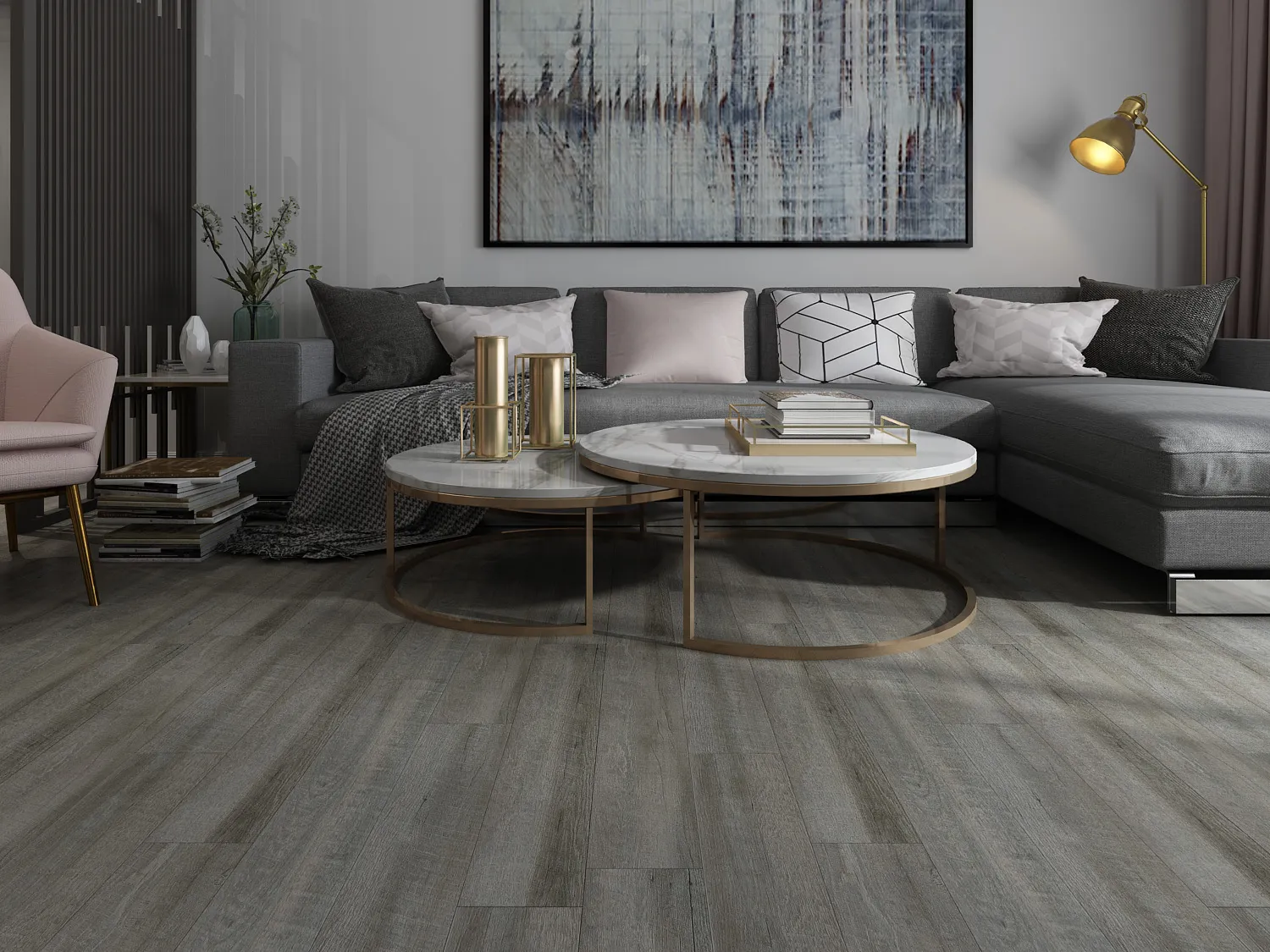
- Afrikaans
- Albanian
- Amharic
- Arabic
- Armenian
- Azerbaijani
- Basque
- Belarusian
- Bengali
- Bosnian
- Bulgarian
- Catalan
- Cebuano
- Corsican
- Croatian
- Czech
- Danish
- Dutch
- English
- Esperanto
- Estonian
- Finnish
- French
- Frisian
- Galician
- Georgian
- German
- Greek
- Gujarati
- Haitian Creole
- hausa
- hawaiian
- Hebrew
- Hindi
- Miao
- Hungarian
- Icelandic
- igbo
- Indonesian
- irish
- Italian
- Japanese
- Javanese
- Kannada
- kazakh
- Khmer
- Rwandese
- Korean
- Kurdish
- Kyrgyz
- Lao
- Latin
- Latvian
- Lithuanian
- Luxembourgish
- Macedonian
- Malgashi
- Malay
- Malayalam
- Maltese
- Maori
- Marathi
- Mongolian
- Myanmar
- Nepali
- Norwegian
- Norwegian
- Occitan
- Pashto
- Persian
- Polish
- Portuguese
- Punjabi
- Romanian
- Russian
- Samoan
- Scottish Gaelic
- Serbian
- Sesotho
- Shona
- Sindhi
- Sinhala
- Slovak
- Slovenian
- Somali
- Spanish
- Sundanese
- Swahili
- Swedish
- Tagalog
- Tajik
- Tamil
- Tatar
- Telugu
- Thai
- Turkish
- Turkmen
- Ukrainian
- Urdu
- Uighur
- Uzbek
- Vietnamese
- Welsh
- Bantu
- Yiddish
- Yoruba
- Zulu
Choosing The Right Residential Flooring
Selecting the perfect flooring for your home is essential to achieve both aesthetic appeal and functional durability. With numerous residential flooring options available, understanding the different residential flooring types, and finding reliable residential flooring companies can help you make an informed decision. Here’s a comprehensive guide to help you navigate your choices.
Popular Residential Flooring Types
Hardwood Flooring:
- Description: Made from solid wood, hardwood flooring offers timeless beauty and durability. It’s available in a variety of species, such as oak, maple, and cherry.
- Benefits: Adds warmth and elegance to any room; can be sanded and refinished multiple times; increases home value.
- Considerations: Can be susceptible to scratches and dents; requires regular maintenance and proper humidity control.
Laminate Flooring:
- Description: Designed to mimic the look of wood, stone, or tile, laminate flooring consists of a high-density fiberboard core with a photographic layer and protective finish.
- Benefits: Affordable, easy to install, and maintain; resistant to scratches and stains.
- Considerations: Can’t be refinished; susceptible to water damage if not properly sealed.
Vinyl Flooring:
- Description: Available in sheets, tiles, or planks, vinyl flooring is a synthetic option that provides durability and a wide range of styles.
- Benefits: Waterproof, easy to clean, and resistant to stains and scratches; can mimic the appearance of natural materials.
- Considerations: May fade over time with exposure to sunlight; lower-end options may not have the same durability.
Carpet Flooring:
- Description: Carpet flooring is made from woven or tufted fibers and is available in various textures and styles.
- Benefits: Provides comfort and warmth; helps with noise reduction; available in many colors and patterns.
- Considerations: Can stain easily; requires regular vacuuming and professional cleaning; may harbor allergens.
Tile Flooring:
- Description: Includes ceramic and porcelain tiles, which are durable and available in numerous designs.
- Benefits: Highly durable, easy to clean, and resistant to moisture; great for high-traffic and wet areas.
- Considerations: Cold and hard underfoot; grout lines can require regular maintenance.
Engineered Wood Flooring:
- Description: Composed of multiple layers of wood with a hardwood veneer on top, engineered wood is more stable than solid wood.
- Benefits: More resistant to moisture and temperature changes; available in a variety of finishes.
- Considerations: Can be less durable than solid wood; generally more expensive than laminate and vinyl.
Cork Flooring:
- Description: Made from the bark of cork oak trees, cork flooring is an eco-friendly option with a unique texture.
- Benefits: Provides a cushioned surface; naturally resistant to mold, mildew, and pests; good thermal and acoustic insulation.
- Considerations: Can be prone to scratches and dents; may require sealing to protect against moisture.
Finding Reliable Residential Flooring Companies
Choosing the right residential flooring companies can greatly impact your project’s outcome. Here’s how to find a reliable flooring provider:
Research and Reviews:
Look for companies with positive reviews and testimonials from previous clients. Online platforms like Yelp, Google Reviews, and Houzz can offer valuable insights.
Experience and Expertise:
Choose companies with extensive experience in residential flooring. Experienced professionals are more likely to provide quality products and services.
Product Range:
Opt for companies that offer a wide selection of flooring types and brands. This ensures you have access to various options and can find the perfect match for your needs.
Customer Service:
Evaluate the company’s customer service, including their responsiveness, willingness to answer questions, and ability to provide detailed information about products and services.
Installation Services:
Many flooring companies also offer installation services. Ensure they employ skilled installers who are experienced with the type of flooring you choose.
Warranties and Guarantees:
Check if the company offers warranties on both the flooring products and the installation. A good warranty can provide peace of mind and protection against potential issues.
Pricing and Quotes:
Obtain quotes from multiple companies to compare pricing. Be cautious of unusually low prices, as they may indicate lower-quality products or services.
Choosing the right residential flooring involves considering various residential flooring types to match your style, needs, and budget. By understanding the benefits and drawbacks of each type and finding reputable residential flooring companies, you can ensure a successful and satisfying flooring project. Whether you prefer the elegance of hardwood, the practicality of vinyl, or the comfort of carpet, making informed decisions will help you create a beautiful and functional home environment.

-
Modern Interior Solutions with Durable PVC Material SkirtingAug.22,2025
-
Elevating Outdoor Spaces with Premium Wood Material SkirtingAug.22,2025
-
Waterproof Advantages of SPC Flooring Vinyl in KitchensAug.06,2025
-
SPC Hybrid Waterproof Flooring Thickness GuideAug.06,2025
-
Leveling Subfloor Before My Floor SPC InstallAug.06,2025
-
How Mesh Deck Skirting Improves Outdoor Pest ControlAug.06,2025



